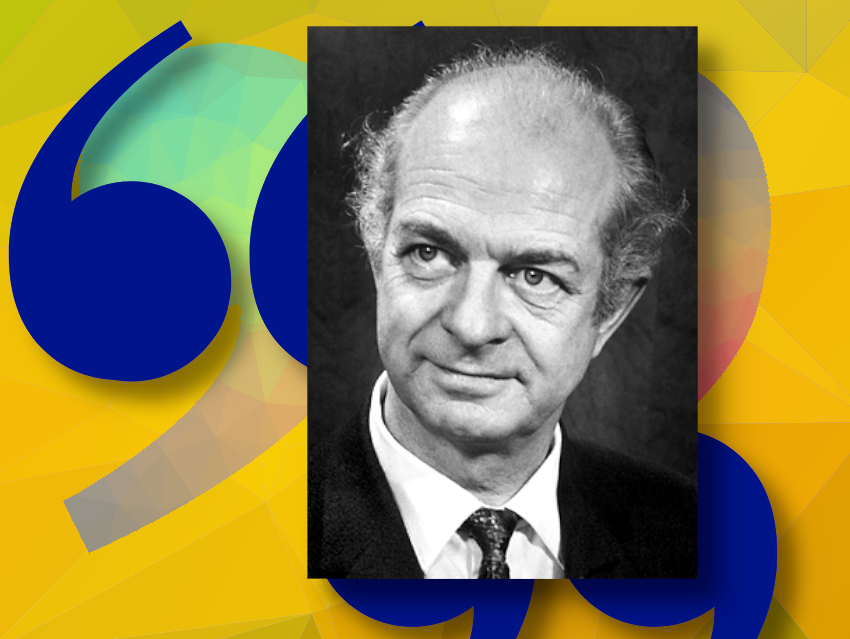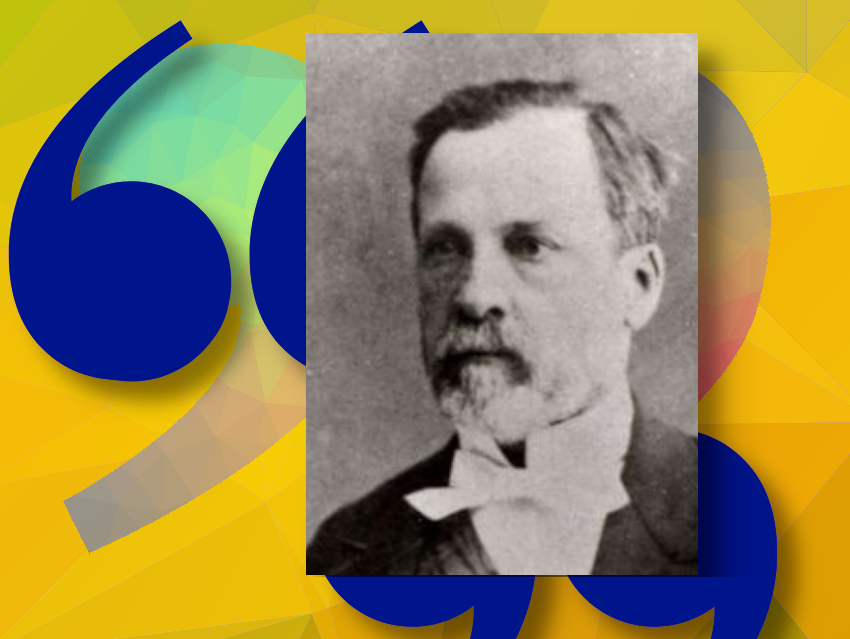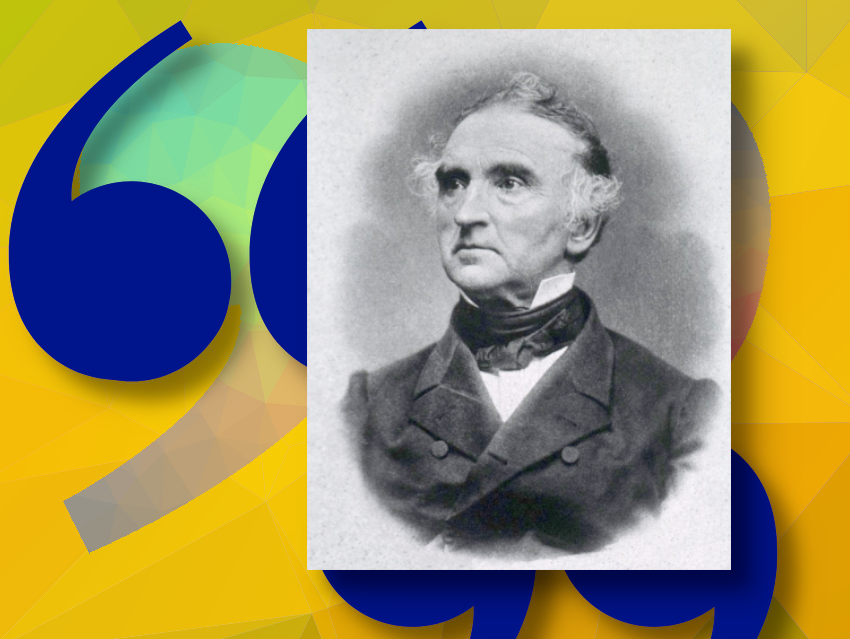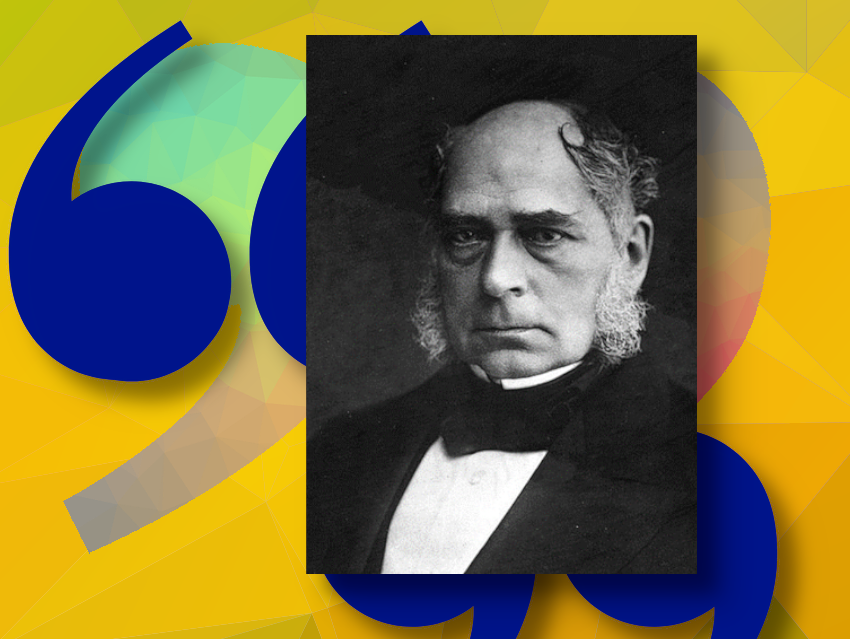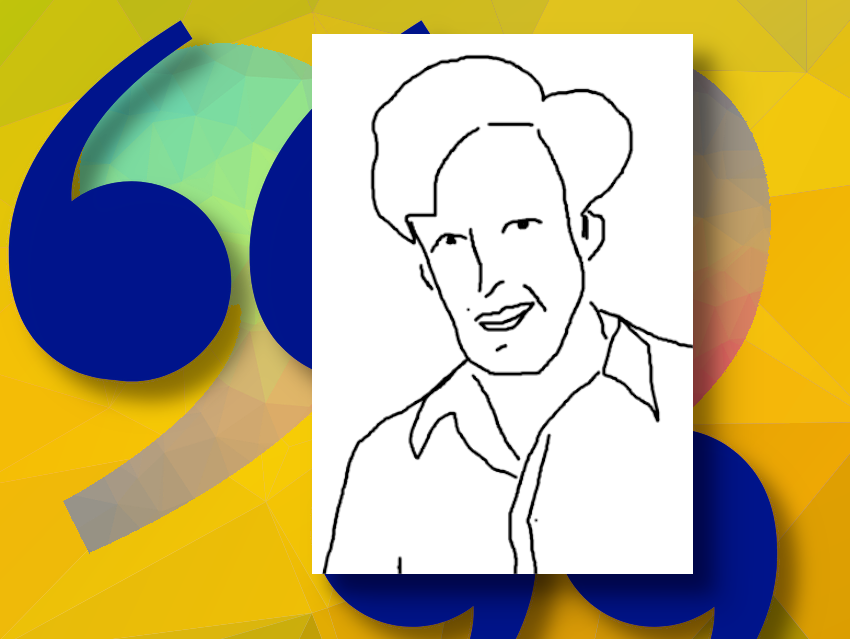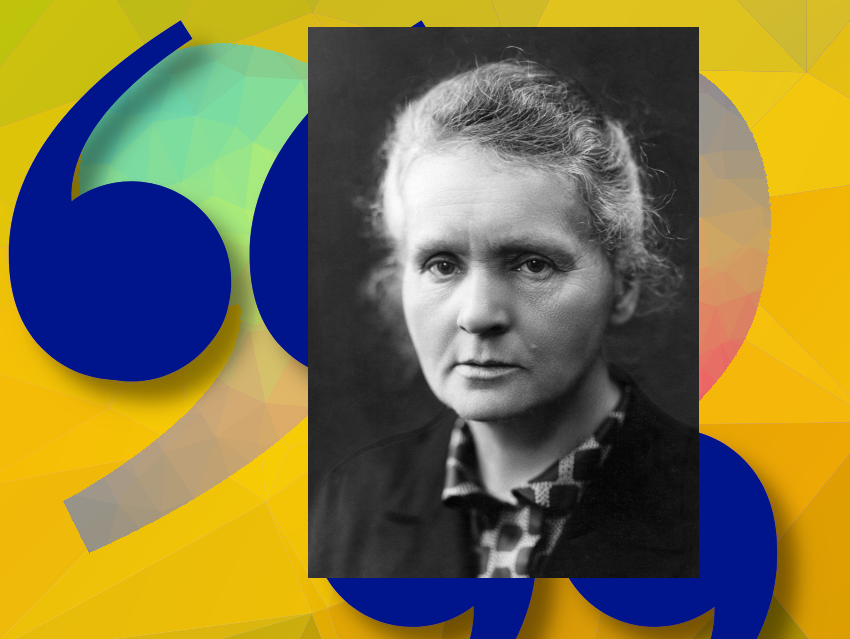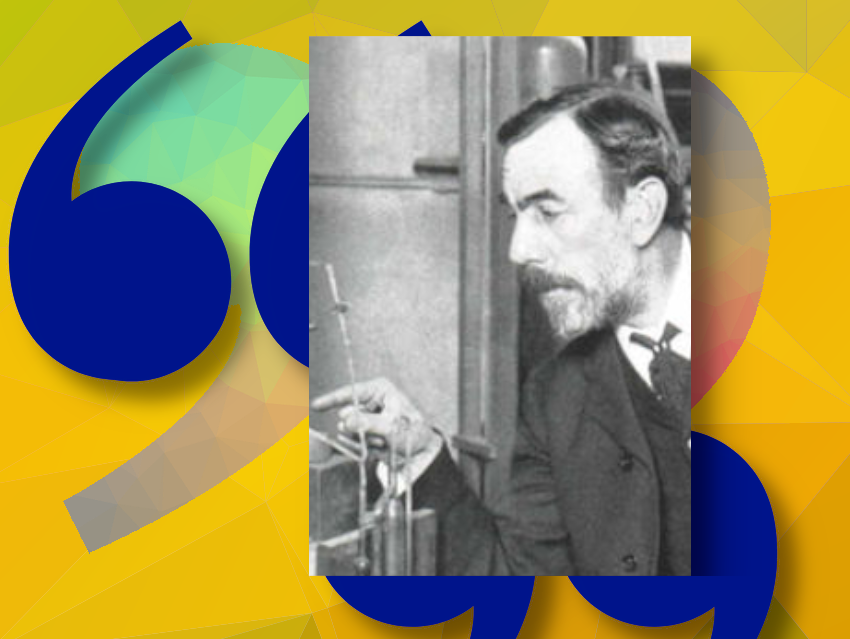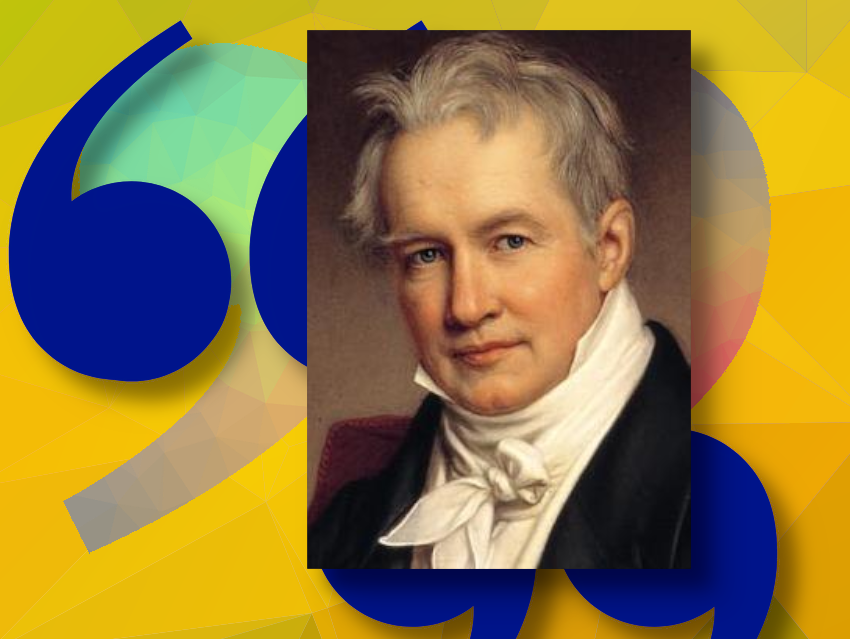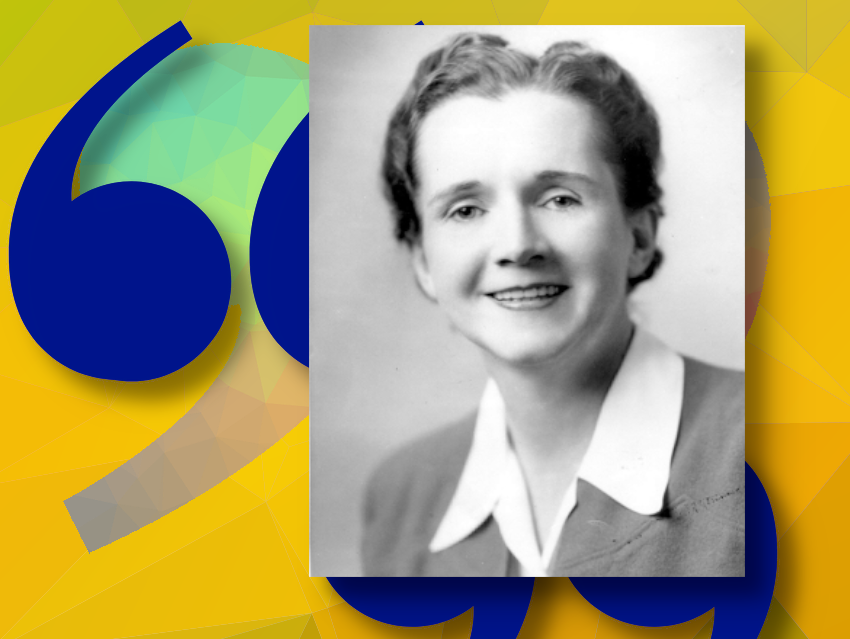Test your knowledge of famous scientists with this quiz featuring insights and reflections from some of the most renowned minds in the field.
1) What is a famous quote by Linus Pauling?
A) Facts are the air of scientists. Without them, you can never fly.
B) Facts are the pain of scientists. Only when they fit the theory you can fly.
C) Scientific research is like flying across all borders.
D) Fly high, stack low.
See answer
Answer A:
“Facts are the air of scientists. Without them, you can never fly.” — Linus Pauling (1867 – 1934)
Linus Pauling was an American chemist, biochemist, and peace activist. He was one of the most important and influential scientists of the 20th century, and is considered one of the founders of the fields of molecular biology and quantum chemistry. Linus Pauling received the Nobel Prize in Chemistry in 1954 for his work on the nature of chemical bonds and the structure of molecules, and he was awarded the Nobel Peace Prize in 1962 for his activism against nuclear weapons.
2) What is a famous quote by Louis Pasteur?
A) Science knows no country, because research requires collaboration across borders, as scientists work together to solve complex problems.
C) Science knows no country, because knowledge belongs to humanity, and is the torch which illuminates the world.
D) Science knows no country, because scientific discoveries often have global implications.
E) Science knows no country, because geniuses are citizens of the world.
See answer
Answer C:
“Science knows no country, because knowledge belongs to humanity, and is the torch which illuminates the world.”
it continues:
“Science is the highest personification of the nation because that nation will remain the first which carries the furthest the works of thought and intelligence.” — Louis Pasteur (1822 – 1895)
Louis Pasteur was a French microbiologist and chemist and is best known for his pioneering work in the field of microbiology, including the germ theory of disease and pasteurization. Pasteur’s research showed that microorganisms were responsible for many diseases, and he developed several vaccines, including ones for rabies and anthrax. He also invented the process of pasteurization, which involves heating liquids to a high temperature to kill harmful bacteria and is widely used in the food and beverage industry to preserve products [1].
[1] 150th Anniversary of First Pasteurization Test, ChemistryViews 2012.
3) Can you decipher this quote by Justus Liebig?
,al*emy has n”e be5 any?+ o!r ?an *emi/ry2 xs 3/ant 3fu.n )! gold mak+ (! #af? & #ag? c5turies is ! grte/ 9ju/ice
See answer
“Alchemy has never been anything other than chemistry; its constant confusion with the gold making of the 16th and 17th centuries is the greatest injustice.”
it continues:
“The alchemists included a core of true natural scientists, who often deceived themselves in their theoretical opinions, while the vagrant gold cooks duped themselves and others. Alchemy was science, it included all branches of the technical and chemical trades. What Glauber, Böttger, and Kunckel achieved in this area can be equated with the greatest discoveries of our century” — Justus Liebig (1803 – 1873)
Justus von Liebig was a German chemist and is considered one of the founders of the modern fertilizer industry. Liebig made significant contributions to the field of organic chemistry, including the discovery of the law of the minimum, which states that the growth of a plant is limited by the availability of the essential nutrient that is most scarce. He also developed the first commercial process for producing nitroglycerin, an ingredient in many explosives. Liebig’s work had a major impact on agriculture and the food industry, and he is considered one of the most important chemists of the 19th century [1,2].
[1] Klaus Roth, Prussian Blue: Discovery and Betrayal, ChemistryViews 2022. https://doi.org/10.1002/chemv.202200038
[2] Vera Koester, Fire Destroys Historical Auditorium of the Liebig Laboratory, ChemistryViews 2022. https://doi.org/10.1002/chemv.202200114
4) According to Henry Bessemer, what did he say to himself after making a good discovery?
A) Stop working and be proud of himself.
B) Keep his eyes open and continue to try his luck.
C) Take a trip around the world.
D) Give others tips on how to make good discoveries.
See answer
Answer B:
“I have made a good discovery and can make more. I will keep my eyes open and continue to try my luck.” — Henry Bessemer (1813 – 1898)
Henry Bessemer was an English engineer and inventor best known for his invention of the Bessemer process, a method for mass-producing steel by removing impurities from iron. This process revolutionized the steel industry and greatly influenced the development of modern manufacturing. Along the way, Henry Bessemer made many other discoveries. His first invention, however, was used by others and he did not even receive a reward [1].
[1] Klaus Roth, Sir Henry’s Secret Pot of Gold, ChemistryViews 2019. https://doi.org/10.1002/chemv.201900053
5) What is a famous quote by John Desmond Bernal?
A) All that glitters may not be gold, but it’s worth investigating.
B) All that glitters may not be gold, but at least it contains free electrons.
C) All that glitters may not be gold, but it does hold value.
D) Not all that glitters is gold, but some of it certainly is.
See answer
Answer B:
“All that glitters may not be gold, but at least it contains free electrons.” — John Desmond Bernal (1901 – 1971)
John Desmond Bernal was an Irish-born British scientist who made significant contributions to the fields of X-ray crystallography and molecular biology. He was a pioneer in using X-ray diffraction to study the structures of biological molecules, including proteins and DNA. Bernal was also a noted historian of science and a political activist who was involved in the peace movement.
6) According to Linus Pauling, how do you get good ideas?
A) Sleep a lot.
B) Read a lot.
C) Be very critical of yourself.
D) Have many ideas.
See answer
Answer D:
“If you want to have good ideas, you must have many ideas.” — Linus Pauling (1901 – 1994)
Linus Pauling was an American chemist, biochemist, and peace activist. He was one of the most important and influential scientists of the 20th century, and is considered one of the founders of the fields of molecular biology and quantum chemistry. Linus Pauling received the Nobel Prize in Chemistry in 1954 for his work on the nature of chemical bonds and the structure of molecules, and he was awarded the Nobel Peace Prize in 1962 for his activism against nuclear weapons.
7) Put the following words from a quote by Marie Curie in the right order.
and Decide for fun get gift Have is reveal started The to waiting world you your.!!
See answer
“Decide. Have fun and get started! The world is waiting for you to reveal your gift!” — Marie Curie (1867 – 1934)
Marie Curie was a Polish-born French physicist and chemist. She was one of the most famous scientists of her time and one of the few people in history to win two Nobel Prizes, in Physics and Chemistry. Her pioneering research in radioactivity laid the foundation for modern atomic physics and she is widely regarded as one of the founders of the study of radioactivity. Marie Curie was the first woman to win a Nobel Prize and the first person to win two Nobel Prizes. She remains an inspiration to scientists and women everywhere [1].
[1] Catharina Goedecke, Vera Koester, 24 Must-See Destinations in Europe for Chemists, ChemistryViews 2022. https://doi.org/10.1002/chemv.202200102 (entry 3 and 22)
8) According to William Ramsay, which country will be foremost in wealth and general prosperity?
A) The country that is in advance of the rest of the world in education.
B) The country that is in advance of the rest of the world in medicine.
C) The country that is in advance of the rest of the world in chemistry
D) The country that is in advance of the rest of the world in terms of rhetoric.
See answer
Answer C:
“The country which is in advance of the rest of the world in chemistry will also be foremost in wealth and in general prosperity.” — William Ramsay (1852 – 1916)
William Ramsay was a Scottish chemist and discovered several new noble gases, including argon, neon, krypton, and xenon, and his work led to a greater understanding of the periodic table and the behavior of gases. He was awarded the Nobel Prize in Chemistry in 1904 for his discovery of the noble gases and his work in isolating and identifying them [1].
[1] Catharina Goedecke, 100th Anniversary: Death of Sir William Ramsay, ChemistryViews 2016.
9) According to Alexander von Humboldt, what will happen if we travel to distant planets?
A) We will bring peace and harmony to them.
B) We will repeat the same mistakes as on Earth.
C) We will learn from our mistakes and take better care of them.
D) We will develop them.
See answer
Answer B:
“It may be that at some point we will travel to distant planets and take our mixture of arrogance, greed, and violence with us. We will desert these planets as we are already deserting our earth.” — Alexander von Humboldt (1769 – 1859)
Alexander von Humboldt was a Prussian geographer, naturalist, explorer, and diplomat best known for his extensive travels throughout South America and the Spanish Americas, where he conducted research in a wide range of fields, including botany, geology, and meteorology. Humboldt’s observations and discoveries had a major impact on the scientific understanding of the natural world, and he is considered one of the greatest explorers and naturalists of all time.
[1] Vera Koester, The Limits of Growth, ChemistryViews 2022. https://doi.org/10.1002/chemv.202200016
10) According to Rachel Carson, what should be done with chemical insecticides?
A) Used indiscriminately.
B) Used by persons largely or wholly ignorant of their potentials for harm.
C) Not used at all.
D) Used with caution.
See answer
Answer D:
“It is not my contention that chemical insecticides must never be used. I do contend that we have allowed poisonous and biologically potent chemicals to fall indiscriminately into the hands of persons largely or wholly ignorant of their potentials for harm.” — Rachel Carson (1907 – 1964)
Rachel Carson was an American marine biologist and conservationist best known for her book “Silent Spring,” which is widely credited with launching the modern environmental movement. “Silent Spring” was published in 1962 and raised public awareness about the dangers of pesticide use and the impact it was having on wildlife and the environment [1,2]. Carson’s work helped spur the environmental movement.
[1] Klaus Roth, Elisabeth Vaupel, Pyrethrum: History of a Bio-Insecticide, ChemistryViews 2019. https://doi.org/10.1002/chemv.201900009
[2] Vera Koester, The Limits of Growth, ChemistryViews 2022. https://doi.org/10.1002/chemv.202200016
Thank you for taking part! Have a great day!
Also of Interest

Can you guess important scientific articles by their first line?
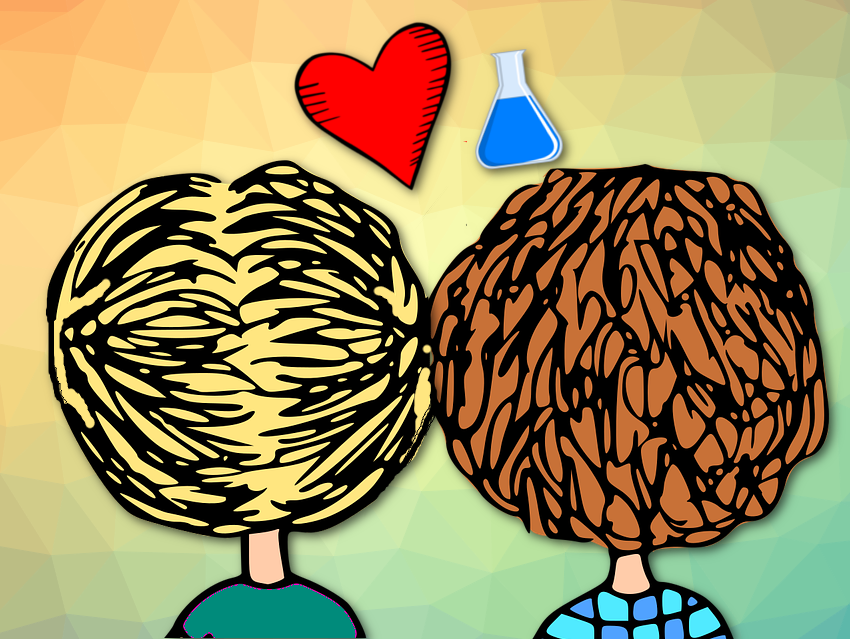
Quiz about famous chemist couples
- See more quizzes

